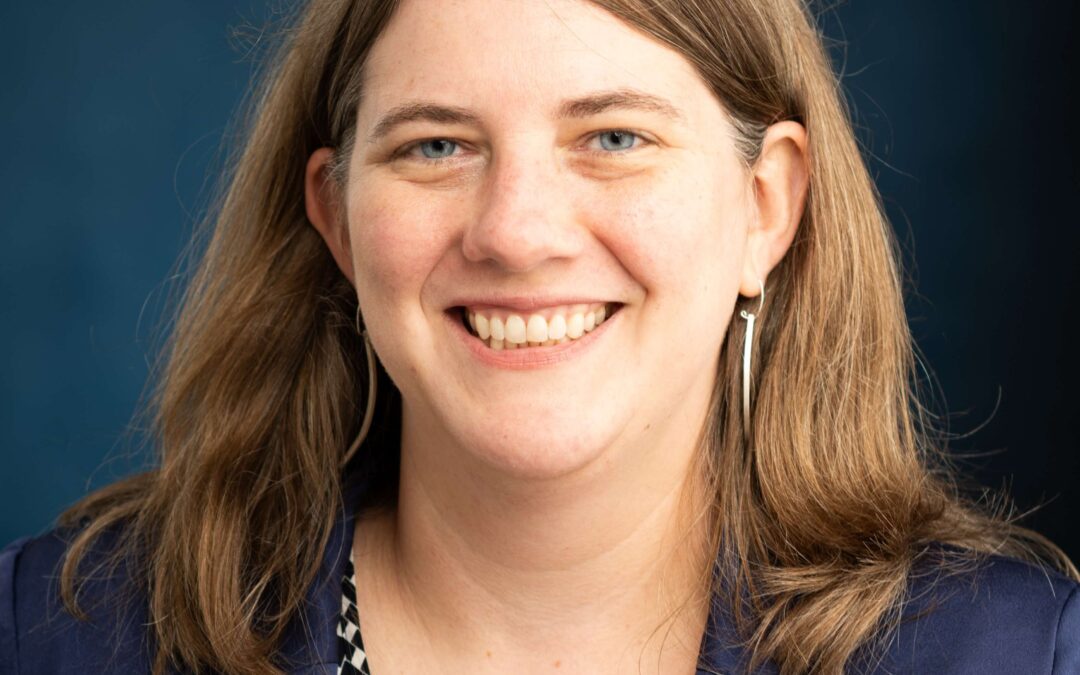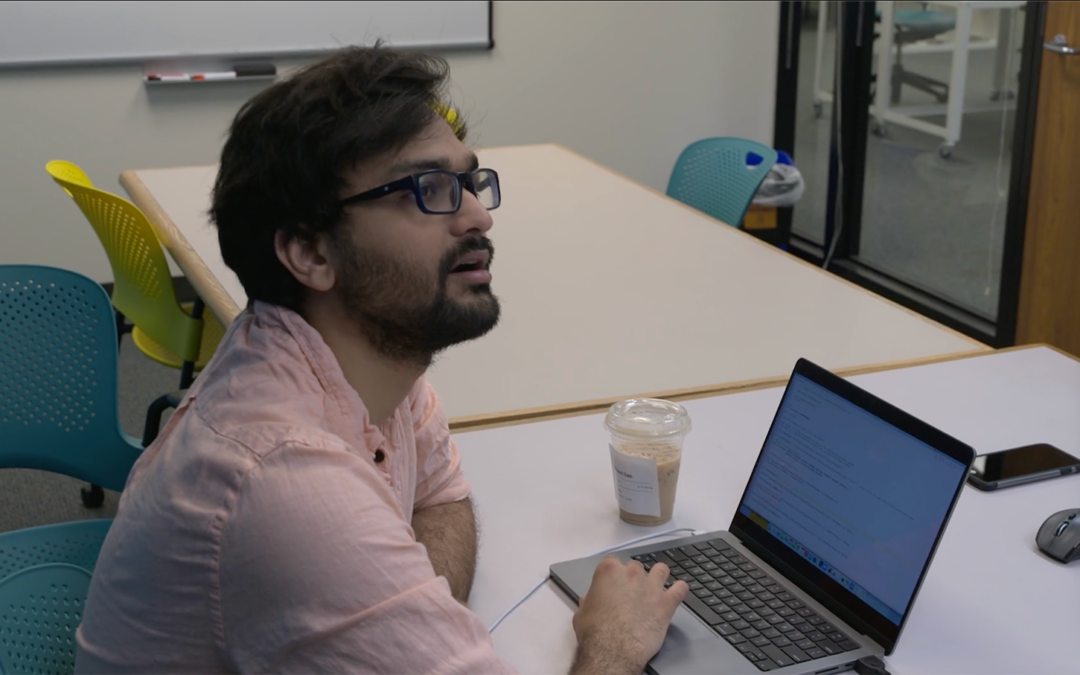In the United States, home ownership is one of the main ways in which Americans possess and accumulate wealth – particularly the middle class. But just how easy is it to purchase and afford your own home?
CID faculty member, urban sociologist and demographer Joe LaBriola, Ph.D., is focusing on this question. His research has shown that the answer varies widely depending on where you want to live, your race, and socioeconomic background.
Joe, who completed his postdoctoral role at the Population Studies and Training Center at Brown University in summer 2022 before joining CID in July, studies the role housing plays in generating and sustaining racial and social inequalities across the U.S. When he arrived in the San Francisco Bay Area to pursue his doctorate in sociology at the University of California, Berkeley in 2014, Joe saw firsthand the devastating effects of high housing demand and lack of supply.
“When I started graduate school, rental prices were already pretty crazy in the Bay Area,” he said. “In the seven years I lived there, the problem just got worse and worse.”
Joe decided to focus his dissertation work on housing inequality in California, restrictions on housing supply, and the rising White-Black wealth gap.
His research uses survey and administrative data in novel ways to uncover some of the causes of population-level racial and socioeconomic inequalities in the U.S. He focuses on the role of housing in explaining racial wealth gaps by analyzing the role of local policies and processes that constrain the production of new housing, which then functions to concentrate wealth in the hands of incumbent, disproportionately White, homeowners.
“There is a bit of conventional wisdom that says building new housing in downtown Berkeley that is really nice is only going to attract more rich people to live in Berkeley without changing the price of existing housing, but the data don’t really support that,” Joe explained. “The evidence suggests that there are these filtering down effects where building new housing lowers nearby housing prices and can actually slow down gentrification and displacement. These are all very hot-button issues across the U.S., particularly in the Bay Area.”
“There is a considerable amount of literature in urban planning, political science, and economics that connects housing supply to inequality. Housing significantly impacts wealth inequality because a lot of homeowners experience wealth benefits from owning houses, and people who don’t own homes are finding it harder and harder to live, both in the Bay Area and elsewhere.”
While housing has been changing in San Francisco and the surrounding areas for decades, Joe said the issues have only gotten worse in the past decade. “The growth of the tech industry and the number of high-income workers looking to live in the Bay Area really pushed these properties to insane values,” he explained.

How Housing Prices Affect the Black-White Racial Wealth Gap
Joe has turned his focus at CID to how the rise of housing prices affects the Black and White racial wealth gap.
“In a paper I’m still working on, I found that most of the growth in the size of the median White-Black wealth gap from 2013-2019 can be attributed to rising house prices,” he said.
For the American middle class, home equity accounts for two-thirds of their wealth – but there are large disparities in the amount of wealth held by American households, particularly by race.
“Before the pandemic, the median Black household held about 15% as much wealth as the median White household,” Joe explained. “While we don’t have data on how the pandemic affected racial disparities in household wealth, my research suggests that the post-pandemic boom in house prices likely disproportionately benefited White households, who have higher rates of homeownership and own more valuable homes on average.”
One project Joe said he is just starting on investigates how “rising housing prices might make parental wealth an increasingly important determinant of the transition to homeownership for first-time buyers.”
“Home ownership is associated with so many economic benefits,” he said. “Generally, owning a home is wealth-enhancing for U.S. households. Home owners participate more in civic life, they have greater roots in their communities – there are lots of reasons why homeownership is something people aspire to. It’s one of the top ways Americans accumulate wealth. So it’s concerning that it’s becoming increasingly difficult for many to transition from renting to owning.”
From Math Major to Sociologist
Early in Joe’s educational journey, his favorite subject was math. “I liked math classes from a young age, early on in elementary school, but I was also very interested in the social world and social sciences,” he explained.
While majoring in mathematics as an undergraduate at Pomona College, Joe enrolled in different social science classes, soaking up as much information as he could. “I took an introduction to sociology class that blew my mind, introducing me to different theories of power and analyses of the microdynamics of social situations that really got into the heart of social life in a way that my math and econ classes didn’t,” he said.
After graduating from college, Joe accepted a research assistant position at the Federal Reserve in Washington, DC. The job introduced him to the process of conducting rigorous research through coding models, interpreting their results, and writing papers.
“It was a really helpful background to dip my toes into the type of quantitative work that a lot of social scientists do.”
His job at the Federal Reserve ended up serving as a stepping stone to graduate school. “I worked in a division that examined really interesting linkages between the macroeconomy and financial markets. It was a cool area to work in but after being there for a year, I realized it wasn’t the path I wanted to follow for a long-term career.”
The more Joe learned about sociology, the more he said he could see himself in the field. While he formed an interest in national politics at a young age, Joe said he struggled to understand “the political reasons why the United States is set up so unequally, and how we got here. There are much better ways that things could be arranged that would make life in the U.S. fairer for people of all backgrounds,” he explained.
“From the start, I was always interested in inequality and stratification,” he said. “I just didn’t realize that sociology had such a strong history in studying and addressing the mechanisms of inequality until I went to college. It’s such a worthwhile area to work in and I really enjoy trying to understand the mechanisms that keep us from having a more equal society.”
Learn more about Joe by visiting his website or Google Scholar page, and read Joe’s latest work in his discussion paper article “Rising House Prices and the White-Black Wealth Gap.”

